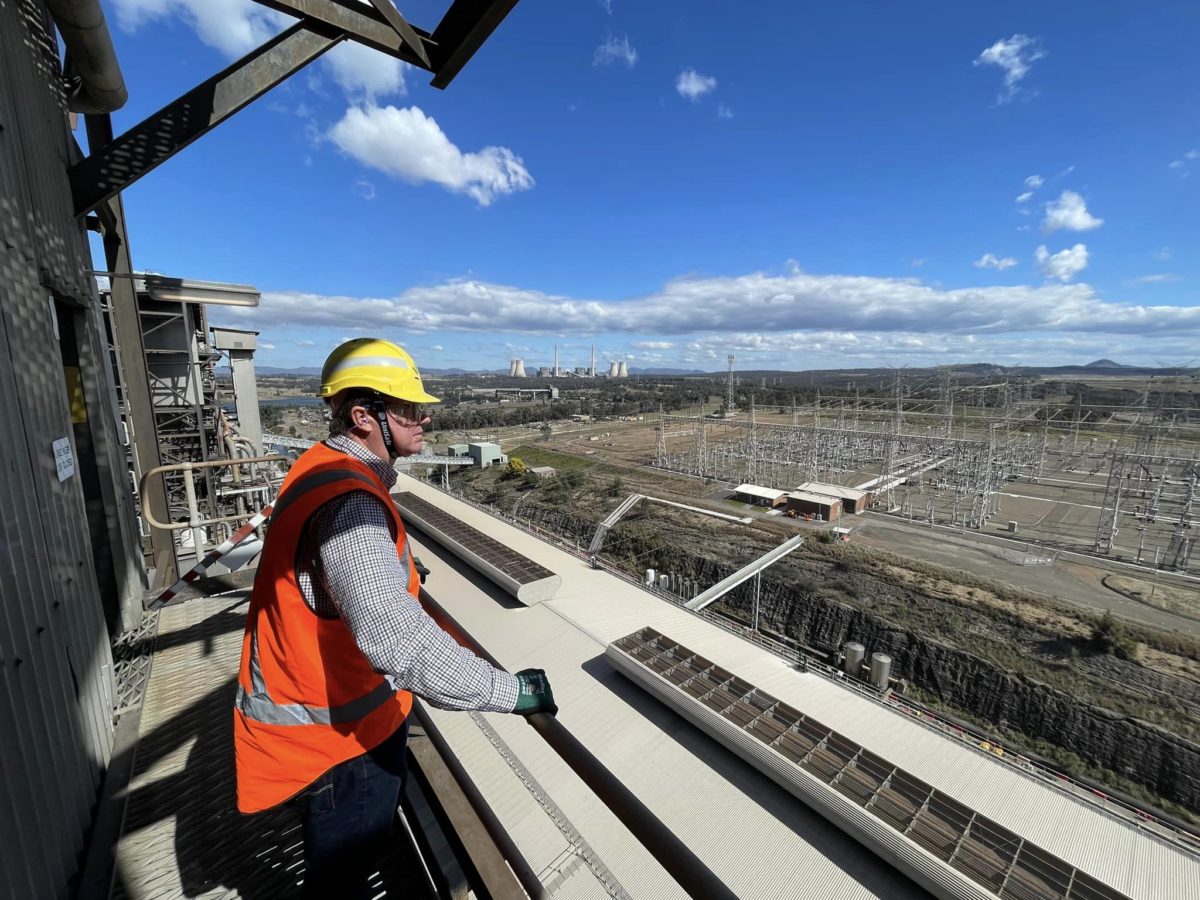While peak time shortages are a concern, the power station’s closure is expected to have a relatively modest overall impact during non-peak periods, with the seven-year lead-in time allowing the market to respond proactively with further build-out of renewables as well as the new Tallawarra B Project. While we do anticipate a rise in prices during peak periods, Cornwall Insight’s Benchmark Power Curve predicts a lower median price.
In addition, the generating capacity of Liddell Power Station has significantly declined in recent years, dropping from 2,000 MW to 800 MW due to the earlier closure of LD03 and underutilisation of the remaining three turbines. As a result, the impact of the closure may not be as severe during non-peak times as initially anticipated.
Source: Cornwall InsightCornwall Insight’s Benchmark Power Curve (BPC) forecasts NSW’s upcoming summer to have a lower median price than the previous three years. However, as Figure 1 shows, it is much more likely for the spot price to reach $12,000/MWh during this upcoming summer than the previous years. While very high peak prices are still quite rare, these occurrences skew the distribution resulting in a forecasted higher average price this summer.
Corey Drum, Energy Market Specialist at Cornwall Insight Australia, said: “The anticipated rise in peak-time power prices following the closure of Liddell power station underscores the need for investment in effective battery storage systems. Deploying these systems in NSW could help mitigate the impact of high prices and complement existing solar resources, enabling users to take advantage of high evening prices or generate revenue through energy arbitrage.
“While easing the fallout from the closure of Liddell should be a priority for NSW, we must keep the impact in perspective. Unlike previous power station closures such as Hazelwood, NSW has had time to prepare for the loss of generation capacity and has responded with the expansion of other energy projects. The contribution of Liddell has also been overestimated, meaning the closure could be less damaging than it first appears.
“As we wait to see the effects the closure will have on power prices, one thing is for sure, NSW must stay vigilant and committed to supporting the continued expansion of renewable energy and energy storage solutions. We believe that these measures will not only help stabilise the grid but also lead to more sustainable, affordable energy for consumers in the long-term.”
Notes:
- Summer peak periods are defined as December, January, and February, with a time of day from 5 pm to 9 pm.
The views and opinions expressed in this article are the author’s own, and do not necessarily reflect those held by pv magazine.
This content is protected by copyright and may not be reused. If you want to cooperate with us and would like to reuse some of our content, please contact: editors@pv-magazine.com.








By submitting this form you agree to pv magazine using your data for the purposes of publishing your comment.
Your personal data will only be disclosed or otherwise transmitted to third parties for the purposes of spam filtering or if this is necessary for technical maintenance of the website. Any other transfer to third parties will not take place unless this is justified on the basis of applicable data protection regulations or if pv magazine is legally obliged to do so.
You may revoke this consent at any time with effect for the future, in which case your personal data will be deleted immediately. Otherwise, your data will be deleted if pv magazine has processed your request or the purpose of data storage is fulfilled.
Further information on data privacy can be found in our Data Protection Policy.